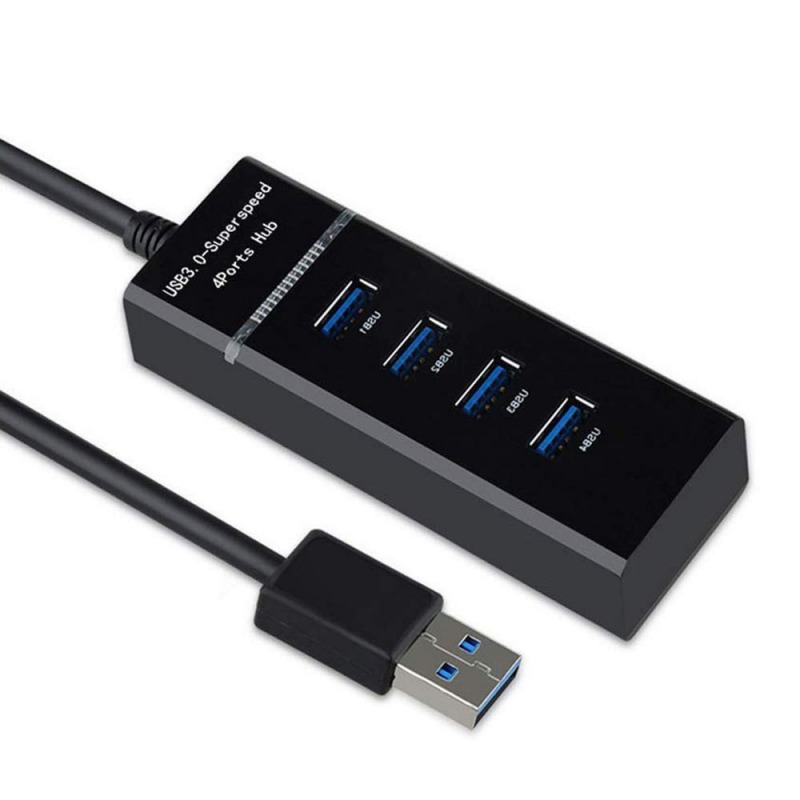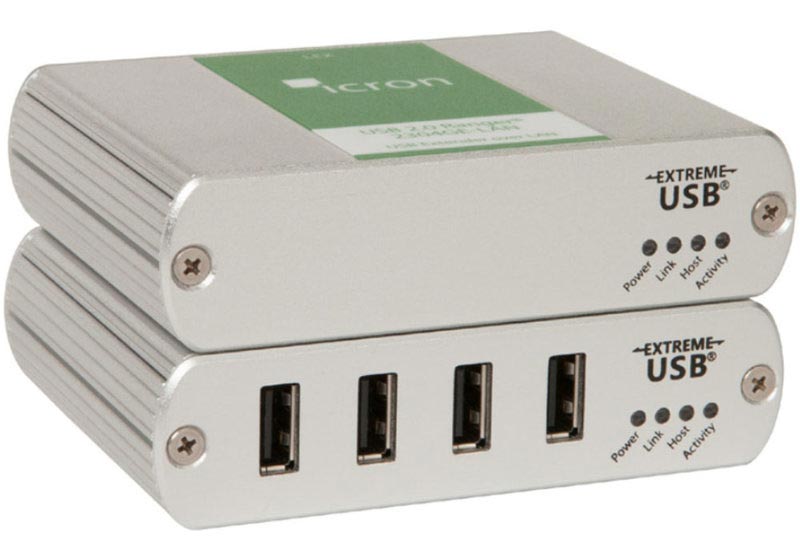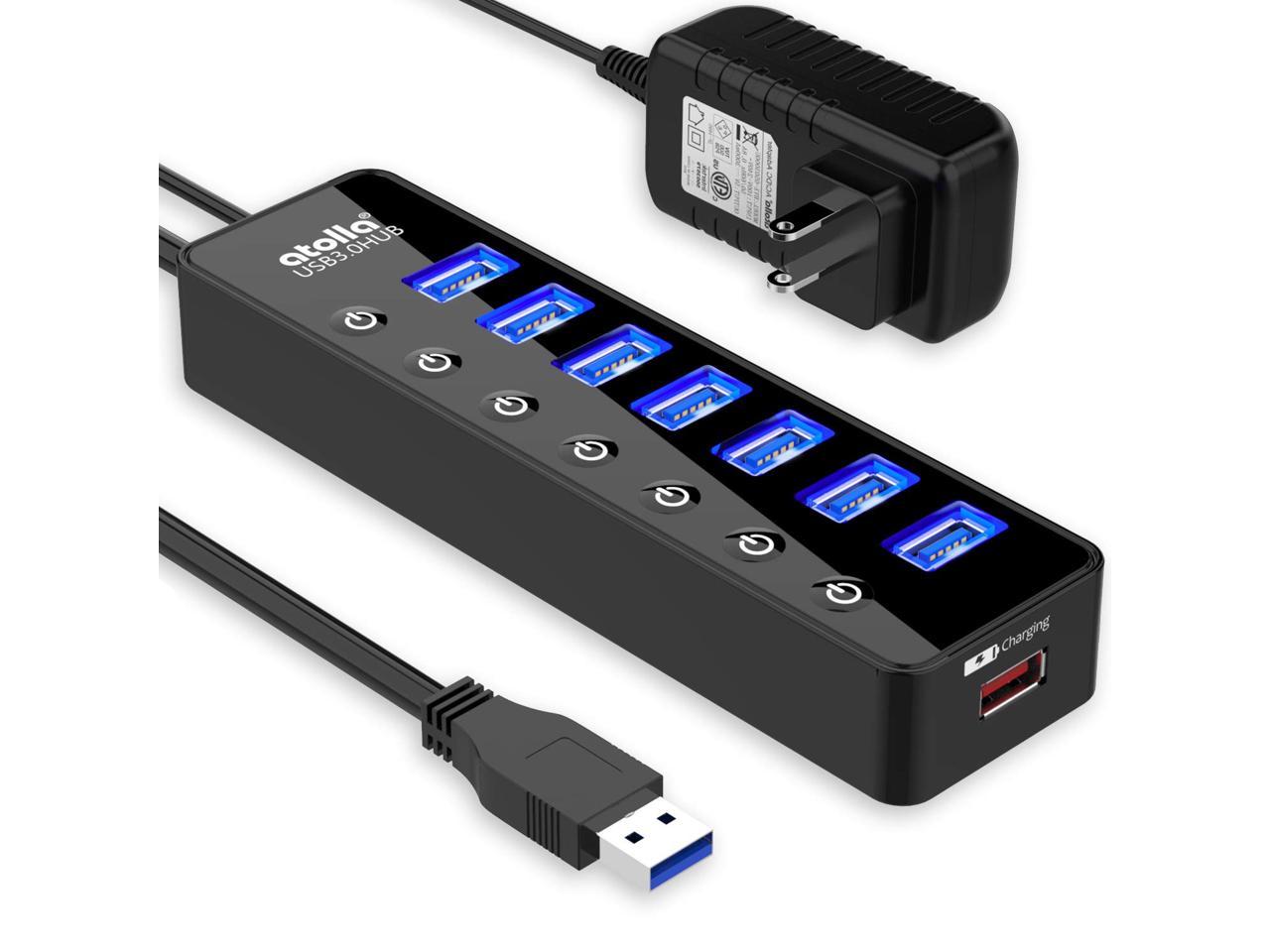

Where apt identifies other dependencies you will be prompted - accept.

Optional packages will be listed by apt - make a note in case you want to install them later. Ideal for connecting USB devices such as external hard drives, smartphones, tablets, digital cameras, MP3 players, printers etc., the hub can also be used as a charging port for your USB devices. The installation requires software that is not present in the base Raspbian image so we need to get these now to prevent failures later. The hub is backward compatible with both USB 2.0 and 1.1 standards, so can also be used in conjunction with older products that don’t feature USB 3.0 ports. I chose the library version because it will work with Python and is easy to understand but you can search for k8055 projects to learn more.

There are a number of k8055 related projects to confuse the unwary: a library a kernel module giving /dev/k8055 access for C programmers a daemon (client/server) and one that allows access via /proc. img filename so as not to overwrite the original, just in case I needed to start again. At this stage I took a copy of the SDcard using the same process I used to create it - dd - but swapping 'if' and 'of' and amending the date in the. Ednet Usb Hub 2.0 4 Port Driver Tech Tip: If you are having trouble deciding which is the right driver, try the Driver Update Utility for USB 2.0 Hub. Note: I'm using apt (not to be confused with Aptitude - similar but different and incompatible). The reboot commands may not be necessary but it keeps things clean. Sudo rebootThis will probably take a few minutes.


 0 kommentar(er)
0 kommentar(er)
